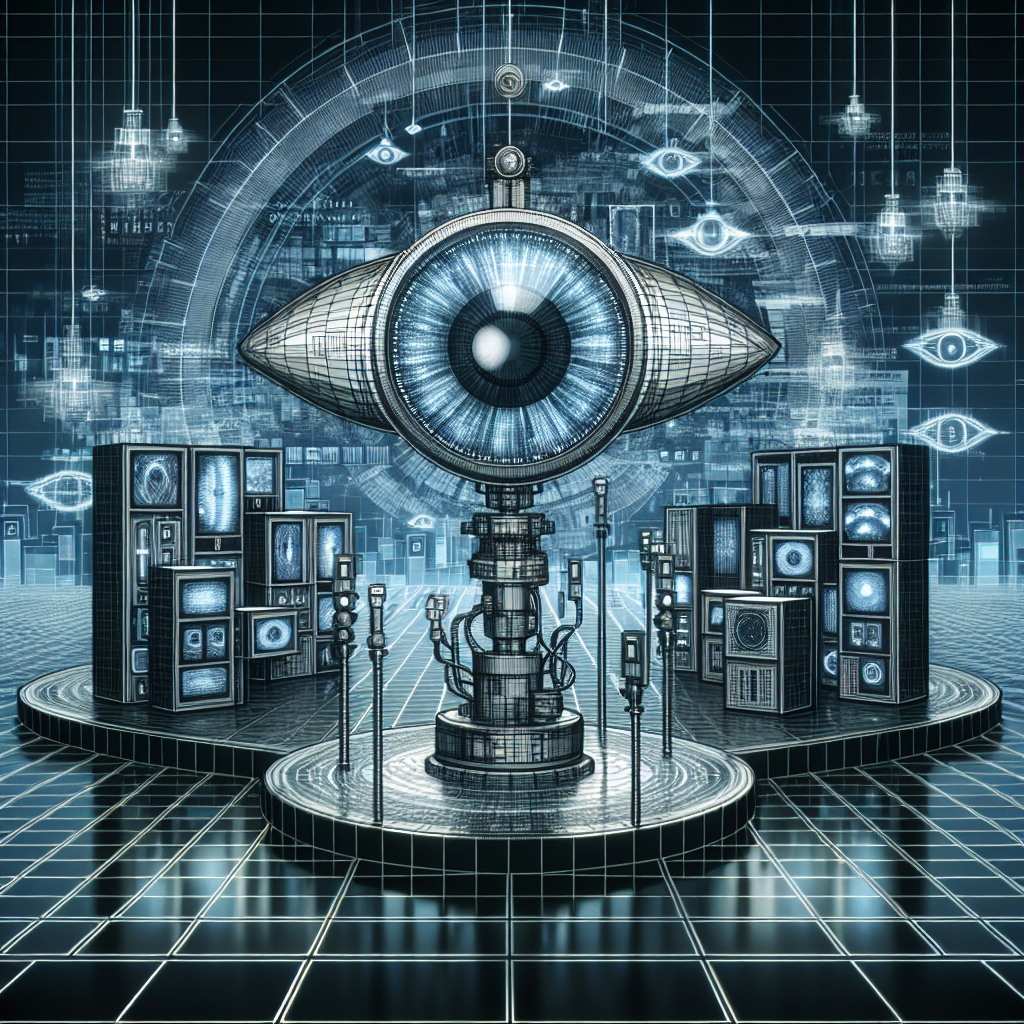NSA Quips That AI Superiority Might Be the Silver Lining for US Foes Enjoying Unhindered Private Data Extraction

“The NSA Warns That US Adversaries Free to Mine Private Data May Have an AI Edge”
“Sure, the NSA wants to modernise the Defence Department’s classified networks to be more like Google. But the classified future will in part need to resemble the human mind, routing and recalling data at the edge as if it were all about synapses and memory cells.” Welcome to a not-too-distant future where artificial intelligence has become the new tech dictum.
Don’t get too excited, though. We’re not talking about sentient toasters or robot butlers here. More like your mundane life being overseen by an edgier, smarter surveillance structure. How comforting can it be to imagine the Department of Defense’s network becoming a spitting image of Google? Very.
Speaking of this transformation, know that it’s not just about mirroring the speed and efficiency of Google’s search algorithm. The real goal is the creation of an AI system akin to the human mind, capable of routing and recalling data on the fly. But wouldn’t it be easier—and less scary—to stick to old-school interpersonal communication? Maybe try building a rapport with your neighbouring countries instead of advancing state surveillance to a creepier level?
By the way, while the top minds are hard at work translating the human brain into a machine language, there’s a little thing called privacy that can’t be pushed to the sidelines. You see, the nosy brother you’ve been trying to avoid could take on a different look altogether. It’s going to be an artificially intelligent system scanning through millions of data points every second. It’s as if your younger sibling suddenly got a PhD in Mind-reading and there’s no ‘off’ button. So much for private chats and personal spaces, huh?
However, let’s not forget there’s another side to the coin, a not-so-rose-colored one. Because with the growth of AI, we expose ourselves to more significant risks, especially in the hands of adversaries. So, the very tool aimed at fortifying national defense might act as an open invitation to tech-savvy bad folks out there. How ironic!
So, while it’s fascinating to envision the potential advancements of AI technology, don’t be fooled into thinking we’re stepping into some science fiction utopia. Instead, expect more of a technocratic dystopia— a world where every instant message sent gives away a piece of your individual rights, lost in the cognitive shadows of big data. High probability that this wouldn’t be the thrilling sequel we’re all secretly hoping for. More like a grim, tech-induced reality that’s beginning to look a lot like Orwell’s 1984. Enjoy!
